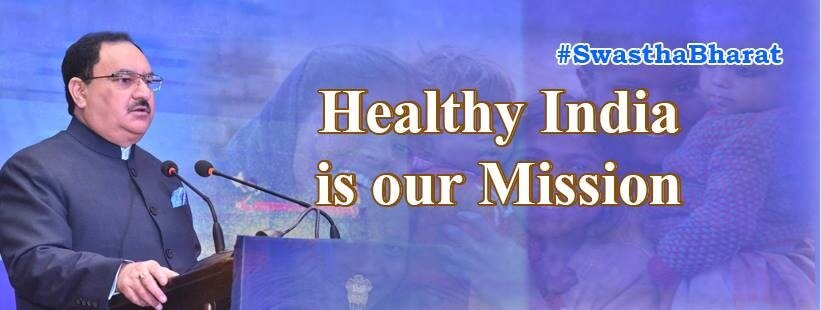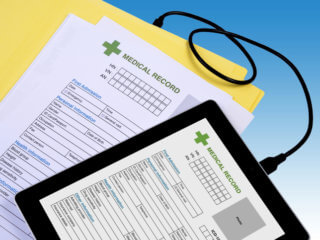India in process of setting up National Digital Health Authority
Imagine receiving healthcare facilities at home without visiting a hospital.
As per J P Nadda, Minister of Health & Family Welfare, the ministry is progressing rapidly in the process of setting NDHA-National Digital Health Authority, which will act as the statutory body for creating guidelines, frameworks and regulations for interoperability of digital information. Digital health is considered as the prominent way of reducing the iniquity, thereby enhancing the healthcare resources incredibly. Practical use of digital health technologies will reduce the medical errors and fees of the hospital. Mr Nadda at the Global Digital Health Partnership Symposium, Sydney, Australia, further underlined the importance of digital health in improving health outcomes in India.
Digital health can eventually facilitate children with deformities and developmental delays. Disabled patients and people suffering from mental health issues and HIV/AIDS, tuberculosis, leprosy can be cured with digital health technologies.
He further said that the experiences of numerous nations who have adopted the digital health services show the reduced medical error and improved lives of individuals and health care system’ efficiency. The minister addressed that various other industries such as retail, banks, and logistics have been profited hugely with the digital revolution in the past.
Mr Nadda said that the digital revolution is yet to be implemented in India on a massive scale and once NDHA is setup, major healthcare professionals such as doctors, nurse and staff can deliver better service to the patients.
The minister said that the National Health Policy (2017) of India clearly conveys three distinct goals for aspiring healthcare professionals of India. The first and foremost goal is to use electronic mediums for gathering district-level health database by 2020. This certainly means avoiding paper-based methods of collecting the data, thereby enhancing the use of computerized tools for the betterment of hospital functionality.
The second goal is to reinforce health surveillance system. This can be achieved by establishing registries for a specific disease of the public by 2020. Registries help in tracking the disease more specifically. It will also enhance epidemiological profiling of diseases. The third goal focuses towards the establishment of federated national eHealth architecture. This will help in setting up national health info and health info exchanges by 2025.
The Minister further added that the Integrated Health Information Platform (IHIP) is planning to establish first health info exchange. They will achieve this by linking numerous Hospital Information Systems from almost 10 Indian States. He also emphasized the work done by the ministry of building Registries.
We have started building registries for health facility and have given unique identification numbers to more than 200 thousand public health facilities.
The minister said eHealth standards would soon be implemented and set up through an Act of Parliament. These standards will certainly address the issues related to security and health data privacy. Mr Nadda said that India is committed towards Digital health technology and working hard to facilitate better eHealth services to the people of a country.
Protection of Patient data and privacy are utmost significant aspects and require support from various countries.
He said similar co-operation would be needed when we intend to use Machine learning and AI in hospitals for providing better health services.
Image credit: https://www.facebook.com/JagatPrakashNadda/

















